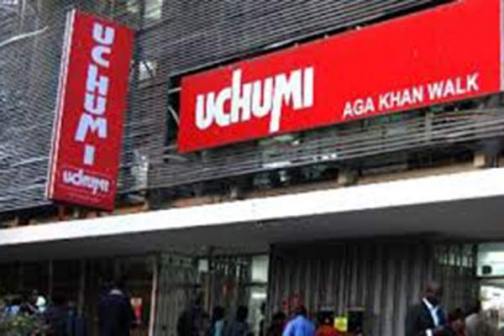×
The Standard e-Paper
Stay Informed, Even Offline

Methinks the Uchumi bailout is a gargantuan mistake. Is Uchumi too big to fail? The answer is an emphatic nyet. Even if it was too big to fail, I would let it crash to the ground like a ton of bricks.
The state should treat Uchumi like an economic corpse — and escort it to the grave. The state shouldn’t be in the business of saving a duka [shop]. Uchumi is nothing but a grocery store, an outlet for selling produce and already made goods.